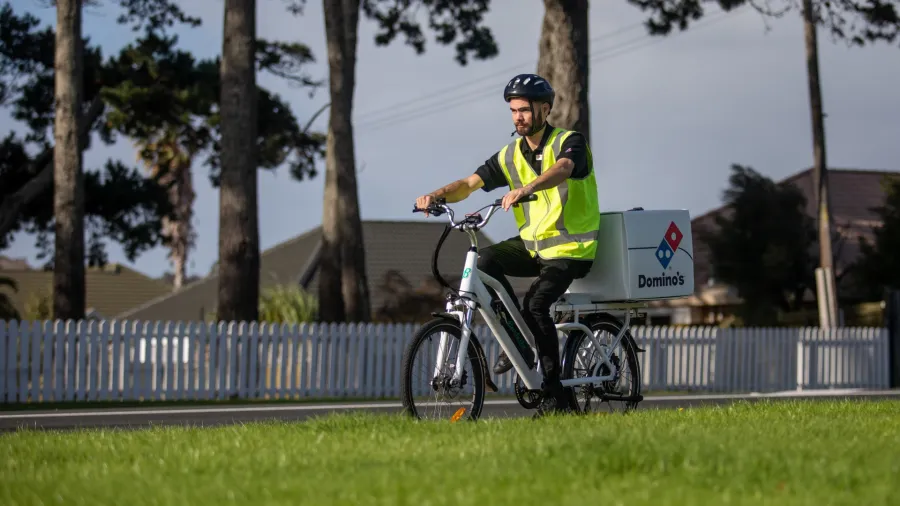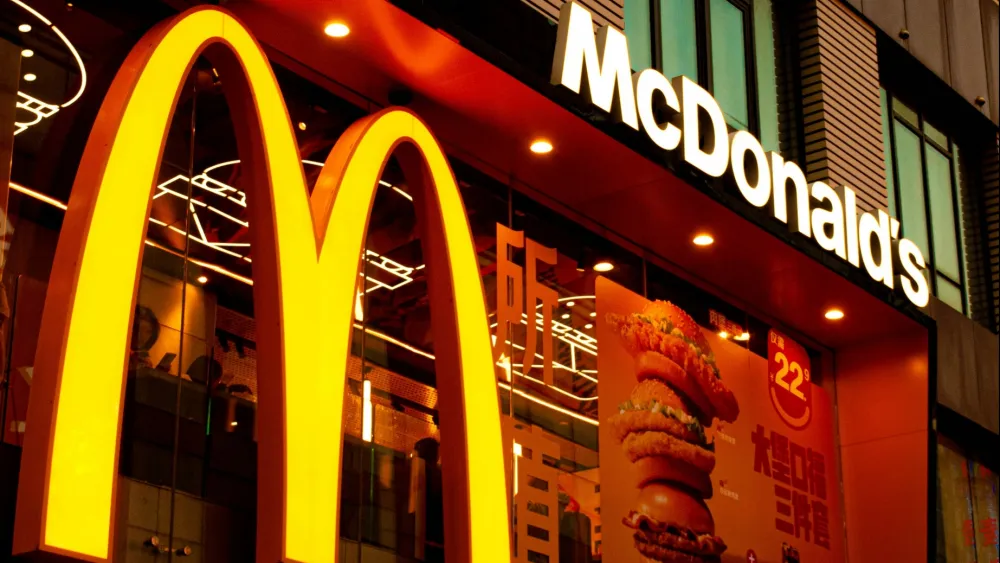
Domino’s net zero by 2050 plan gets nod from environmental watchdog
The fast-food chain also committed to reducing emissions by 65% per product sold by 2030.
Domino’s recently received validation from an independent organisation, the Science Based Targets initiative, that its plans to reach net zero by 2050 comply with internationally recognised scientific standards.
The fast food chain started to expand the use of electric vehicles to deliver pizzas globally as well as partner with the dairy industry to reduce one of the largest sources of emissions in pizza production: cheese.
READ MORE: Here’s how Domino’s will make pizza deliveries in Australia sustainable
The plans have helped Domino’s to become the first quick service restaurant (QSR) chain to have its science-based environmental targets validated, based on the latest scientific guidance on Forest, Land and Agriculture (FLAG), with the company committing to Net Zero emissions by 2050.
In addition to targeting Net Zero, Domino’s has also committed to reducing greenhouse gas emissions by 65% per product sold by 2030 compared to 2020 emissions - including business growth -, and to halt deforestation in its supply chain by 2025.
Domino’s reviewed its emissions, and those in its supply chain, prior to planning a roadmap to reduce its carbon footprint and identified nearly 40% of its emissions come from dairy and other animal-based proteins, largely for cheese.
To reach its ambitious goal, Domino’s is working with business partners to identify ways to reduce dairy emissions, without compromising on customers’ taste preferences. The Domino’s Dairy Initiative intends to reduce the environmental impact of dairy, in an ethical and sustainable way.
In addition to its dairy initiative, Domino’s is expanding the use of electric vehicles in its supply chain and delivery fleet, as well as increasing the use of electric ovens where renewable energy allows this.
“By having our targets validated Domino’s Pizza Enterprises demonstrates our dedication to aligning our emissions reduction efforts with the latest scientific research. We want to ensure the meals our customers eat not only are high quality, and affordable but equally avoid causing harm to the planet. While we are the first in our industry to reach this stage in this important process, we expect others will follow, which is a win for our industry, and the planet,” Group CEO & Managing Director Don Meij said.

























